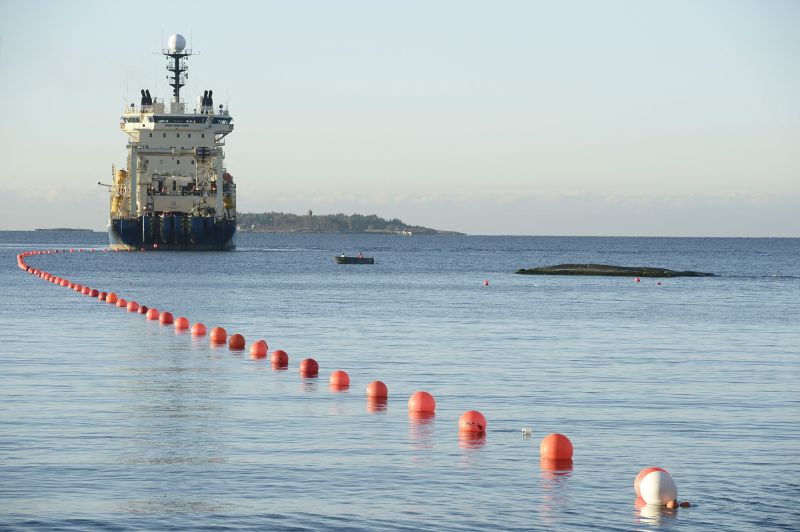The occurrence of the two cut internet cables in the Baltic Sea has resulted in significant uproar among European officials. The event, which disrupts vital telecommunications links in the region, has raised considerable concerns over sabotage and meddling with digital infrastructure crucial for the smooth operation of various economic sectors and national security of the European nations.
PART I: The Incident
Within the Baltic Sea realm, two submarine cables responsible for carrying a large proportion of the region’s internet traffic, suffered serious damage. These cables, facilitating communication among various European nations, found themselves severed, throwing parts of the continent into a digital blackout and compounding fears among European authorities over the reliability and security of their digital infrastructure.
Interestingly, the incident was no minor mishap. It caused significant outages for internet users, particularly those located in the nations surrounding the Baltic Sea. As major arteries linking up national and international digital communication networks, the severed cables made their absence felt by millions of internet users, thereby unveiling the stark vulnerability of these undersea pathways.
PART II: Reaction of the European Officials
European security officials swiftly responded to the crisis, coordinating efforts to restore connectivity as swiftly as possible. However, the harsh cry that echoed across the European corridors of power has been that of sabotage.
The alarm raised by European officials was not unfounded. The operation required to execute such damage to these cables would have involved skilled divers and sophisticated equipment, raising the spectre of malicious intent. The possibility of sabotage was also accentuated against a global backdrop of rising cyber warfare and digital espionage.
Moreover, the geopolitics of the region has to be considered. The Baltic Sea, a storied locale, is the arena for power dynamics involving several major players including Russia, the United States, and the European Union. These changing dynamics have led to an increasing emphasis on securing digital infrastructure, especially as numerous territorial disputes within this region gain momentum.
PART III: Implication of the Incident
The incident has catalyzed a fresh round of discussions among European officials about safeguarding their digital infrastructure. Already apprehensive about cyber threats, the cutting of the cables has stressed the importance of physical security measures as well. Protecting undersea cables from meddling or intent to sabotage was no longer just desirable, but an absolute necessity in order to maintain secure communication across the continent.
Additionally, the incident has triggered broader reflections of how vulnerable European communications networks remain, not just to nature’s harsh conditions but also to malign human activities. Consequently, officials have had to grapple with the hard reality of ramping up defenses to counter risks and vulnerabilities posed to their digital infrastructure.
This unfortunate event in the Baltic Sea, therefore, provides a wake-up call for the need to protect this critical infrastructure not only in Europe but universally. The response to this incident serves to highlight the role of robust security strategies to withstand unpredictable and potentially devastating sabotage efforts that could significantly undermine continent-wide communication. The incident is a stark reminder that maintaining the integrity of digital infrastructure extends beyond cyber defenses to the physical security of the communication lines themselves.




